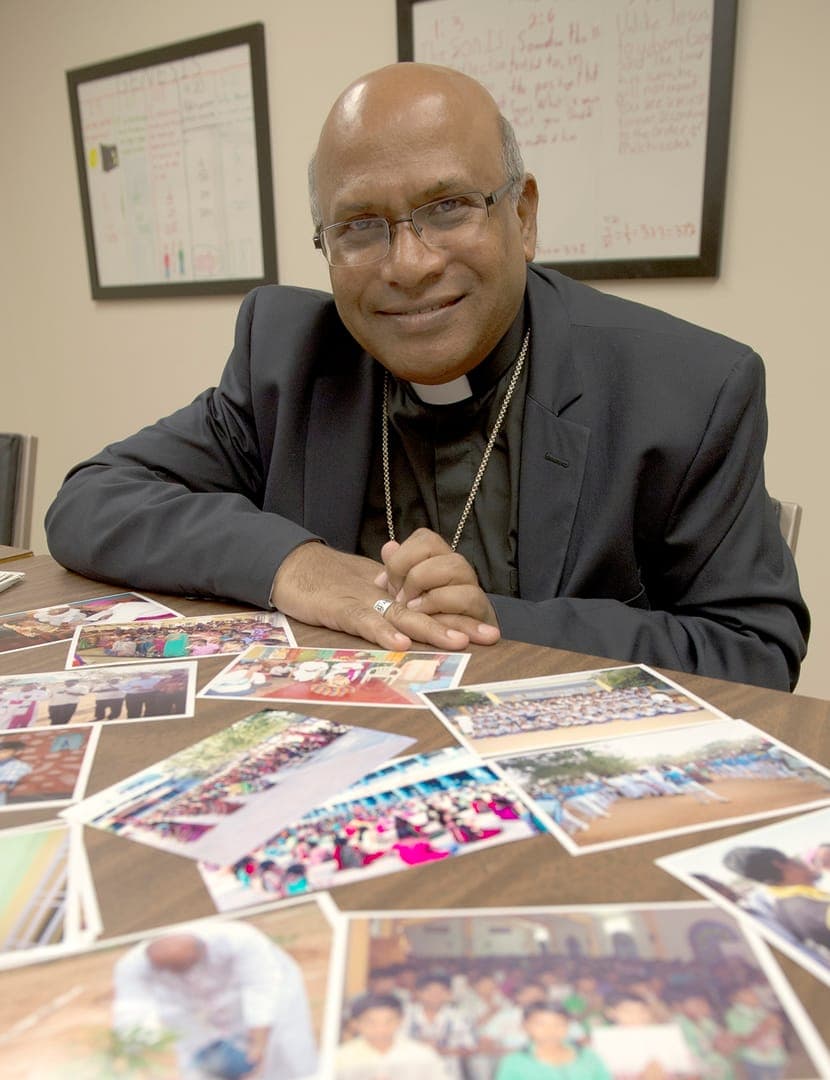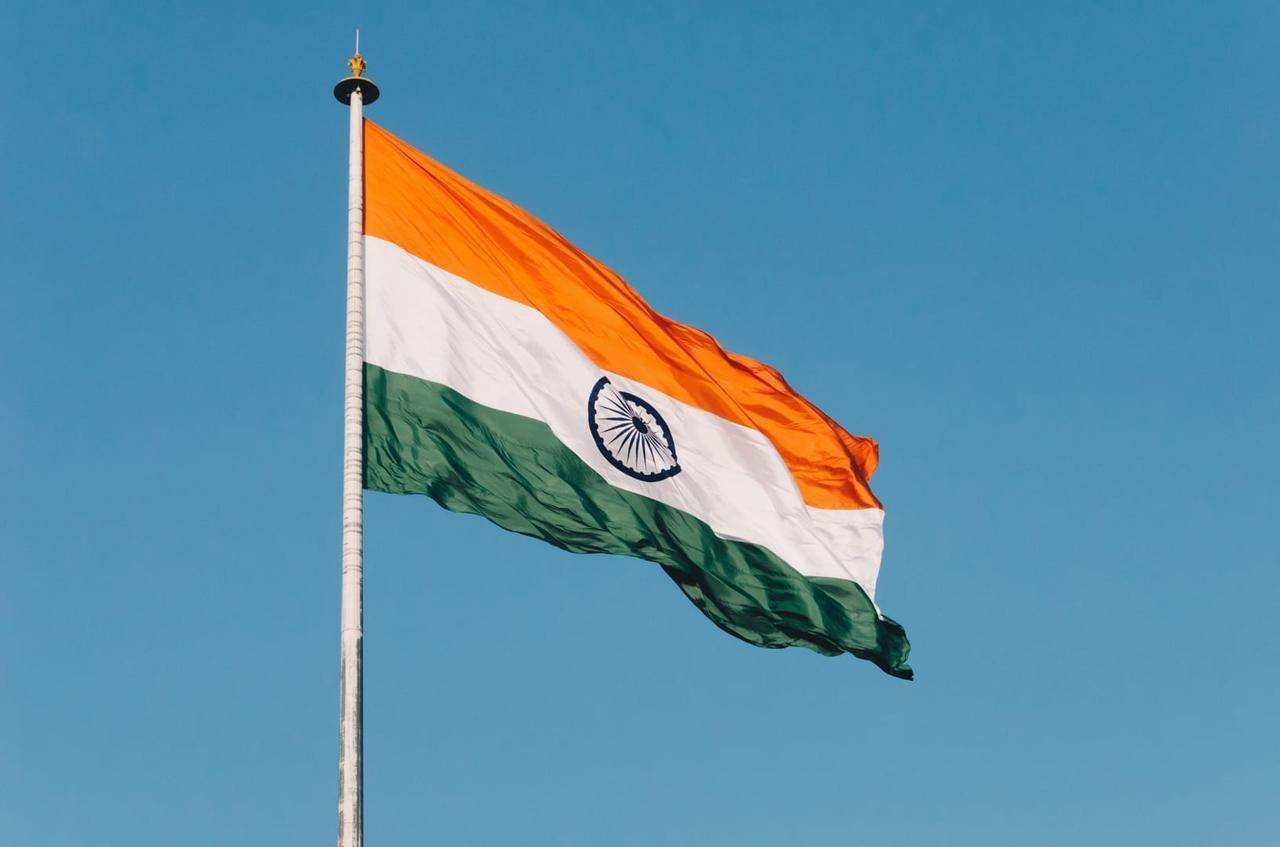MUMBAI, India – A bishop in India has caused controversy by re-instating three priests accused of attacking their bishop, despite the fact their cases are still ongoing in the criminal courts.
Fathers Nalladimmu Raja Reddy, Lingala Vijaymohan Reddy and Sanivarappu Marreddy were arrested for a pre-planned assault of Bishop Gallela Prasad of Cuddapah on April 24, 2016.
Prasad suspended the three priests but was later removed from the diocese in 2018 after allegations claimed he had been secretly married and was using Church funds to support his family.
Bishop Gali Bali, apostolic administrator of Cuddapah, reinstated the priests beginning July 12, giving each of them pastoral assignments. In letters to the priests, Bali said the Vatican had evaluated their cases and “authorized” him to reinstate them, “presumably for falsely alleged offenses.”
“The Holy See strongly advises you to lead an exemplary life, cooperating fully with the Diocesan authorities and giving an authentic testimony of true reconciliation and Ecclesial Communion. You are expected to be very prudent in your reactions and comments,” the letter reads.
The reinstatement has raised eyebrows, since the criminal case against the three priests is still ongoing in India’s courts.
“Neither is criminal nor innocent until the judgement comes from the court. It is a criminal case and they’re only out on bail,” said Father Z. Devasagaya Raj, the secretary of the bishops’ conference office for Dalits and backward classes.
The original case is fraught with the divisions caused by India’s Hindu caste system: Prasad is a Dalit – formerly known as an Untouchable – while the three priests that allegedly attacked him are from high-caste backgrounds.
Several Dalit Catholic groups have claimed the allegations of sexual and financial impropriety lodged against Prasad were also made because of his Dalit background.
“Caste and money should not influence the administration of the Church,” Raj told Crux.
“If there was an independent enquiry from the side of the Church, we can understand the appointment of these three priests in the parishes. [But] this will encourage the dominant groups to do what they want without any immunity. The simple lay people will lose the faith in the Church,” the priest added.
Almost 65 percent of the Catholic community in India are from a low-caste background, although the majority of bishops are from high-caste backgrounds. Despite stemming from the Hindu religion, caste discrimination permeates all of Indian society, including minority faiths such as Christianity.
In 2016, the Catholic Bishops’ Conference of India issued a policy document on Dalit empowerment, in which it acknowledged that “caste discrimination is a grave social sin” and committed to ensuring that the practice of untouchability will not be tolerated within the Church.
Bishop Sarat Chandra Nayak of Berhampur is the chairperson of the scheduled caste commission of India’s Latin rite bishops’ conference.
“I have not visited Cuddapa diocese, but I am aware that there is a caste problem in Cuddapa diocese,” he told Crux.
“In India discrimination exists, therefore, if anything happens, the caste identity is always brought up, it is natural. So when this crime was committed against the previous bishop, it is natural to identity the community, and a particular community will feel the anguish and pain of that person. Naturally, in this case, it happened to a Dalit Bishop, and the community will feel united with him. Obviously, the natural feeling of the people is that because he was a Dalit bishop, he was targeted,” Nayak said. “And the reinstatement of the priests, will only confirm that feeling of the community. We should be very sensitive to the caste feeling of the community we are serving.”
The bishop noted that “a law has been transgressed and the matter is sub judice,” and in the courts.
“A crime is a crime, it has no nationality, religion, caste, gender,” he said, taking issue with Bali’s use of the phrase “presumably for falsely alleged offenses.”
“This is a questionable phrase,” Nayak said. “This offence has to be proved … the matter is sub judice in civil court.”
The bishop added that the priests shouldn’t return to pastoral duty until the matter was cleared up.
“Crime doesn’t have a caste color: Once a case goes to court, it is sub judice and there is always a stigma, so whether reinstating the priests, is a ‘proper’ decision, I am no able to accept. Appointing them as a pastor? It is not pastorally prudent to appoint until he is proved innocent by the courts,” he explained.
Jesuit Father A. X. J. Bosco, a human rights activist, said the case was “blatant caste mindedness.”
Bosco, himself a Dalit, said it was the “plain truth” the three priests were involved in the attack on Gallela.
“Is it the concern and love, Bishop Gali Bali shows to his predecessor? Is it not a humiliation to the Dalit Community? Can we tolerate such corruption in the Church?”
















